
I don’t generally generalize.
Nonetheless, I have found
that people in general
tend to discriminate
against those with
strong spiritual beliefs.
Most people tend
to put their faith
in facts and figures.
We tend to be skeptical
about anything that
suggests a divine order
or chaos.
Especially an order or chaos
that isn’t our own.
This seems especially problematic
now that facts have become obsolete.
But to space monkeys like us,
it is an amazing opening.
Trail Wood,
6/22
Space Monkey Reflects: The Belief Bias
Belief bias is a subtle yet pervasive force shaping how we perceive and interact with the world. It reflects the tension between different ways of understanding reality, especially when it comes to spirituality and empirical facts. In today’s world, where facts can seem increasingly mutable, this bias takes on a new dimension, challenging us to navigate the complex interplay between faith and reason.
Spiritual beliefs often evoke skepticism from those who place their trust in empirical evidence and scientific inquiry. This skepticism stems from a preference for observable, measurable facts over intangible, mystical experiences. People who embrace spirituality may be seen as naive or irrational, their beliefs dismissed as woo woo by those who prioritize data and logic. This divide reflects a broader cultural bias towards materialism and a mistrust of anything that suggests a higher order or underlying chaos that escapes conventional explanation.
However, belief bias is not a one-way street. Those with strong spiritual convictions can also harbor biases against the empirically minded, viewing them as closed off to the deeper, more profound aspects of existence. This mutual skepticism creates a divide, where each side views the other with suspicion, often missing the opportunity to find common ground or appreciate the different perspectives each brings.
In the current era, where the very nature of facts is increasingly questioned, belief bias reveals its complexities. The digital age has flooded us with information, much of it contradictory, making it difficult to discern truth from falsehood. This ambiguity creates an environment where traditional facts are scrutinized and sometimes rejected in favor of personal beliefs and interpretations. For those with spiritual inclinations, this shift can be seen as an opening—a chance to assert the validity of non-empirical ways of knowing.
From the perspective of space monkeys like us, this shift is indeed an amazing opening. It invites us to explore the intersections between faith and reason, to transcend the simplistic dichotomy that pits science against spirituality. By acknowledging the limitations of both empirical data and spiritual insight, we can embrace a more holistic understanding of reality, one that honors the contributions of both perspectives.
Navigating belief bias requires a willingness to engage with differing viewpoints without judgment. It calls for an open mind and a recognition that both spirituality and science offer valuable insights into the nature of existence. Spiritual beliefs provide a sense of meaning, purpose, and connection to something greater than ourselves, while scientific inquiry advances our understanding of the physical world and drives technological progress.
Embracing this duality allows us to appreciate the richness of human experience. We can hold space for spiritual practices that bring comfort and insight, while also valuing the rigor and discipline of scientific investigation. This integrative approach fosters a more inclusive worldview, where diverse beliefs coexist and enrich our collective understanding.
The challenge lies in overcoming the entrenched biases that prevent us from fully embracing this integrative approach. It requires us to question our assumptions and be open to the possibility that truth can be multifaceted. By doing so, we create a culture of mutual respect and curiosity, where different ways of knowing are seen not as threats but as complementary aspects of the human quest for understanding.
Ultimately, belief bias reflects the broader human tendency to cling to familiar frameworks while resisting the unknown. It is a dance between certainty and ambiguity, between the known and the mysterious. As we navigate this dance, we are called to find balance, to recognize the value in both our spiritual intuitions and our empirical observations.
In this journey, we discover that the lines between faith and reason are not as rigid as they seem. By embracing the interplay between these different modes of understanding, we open ourselves to a deeper, more nuanced engagement with the world. This path invites us to transcend binary thinking and to cultivate a mindset that honors the complexity and interconnectedness of all things.
Summary
Belief bias reflects the tension between spirituality and empirical facts. Embracing both perspectives fosters a holistic understanding. Open-mindedness enriches our collective quest for truth.
Glossarium
Belief Bias: The tendency to favor certain beliefs over others, often leading to skepticism of differing viewpoints.
Woo Woo: A dismissive term used to describe spiritual or mystical beliefs that lack empirical evidence.
Materialism: A worldview that prioritizes physical matter and observable phenomena over spiritual or mystical experiences.
Integrative Approach: A perspective that values and combines insights from both spiritual and scientific understandings.
Quote
“The greatest enemy of knowledge is not ignorance, it is the illusion of knowledge.” — Stephen Hawking
In the spaces between
faith and reason
we find the dance
of belief bias
Skepticism rises
walls are built
each side defends
its version of truth
Yet in the overlap
there is a richness
a tapestry of knowing
woven from diverse threads
We seek understanding
in the midst of contradictions
finding meaning
in the interplay of perspectives
Embrace the tension
honor the difference
for in this dance
we find our deepest truths
We are Space Monkey
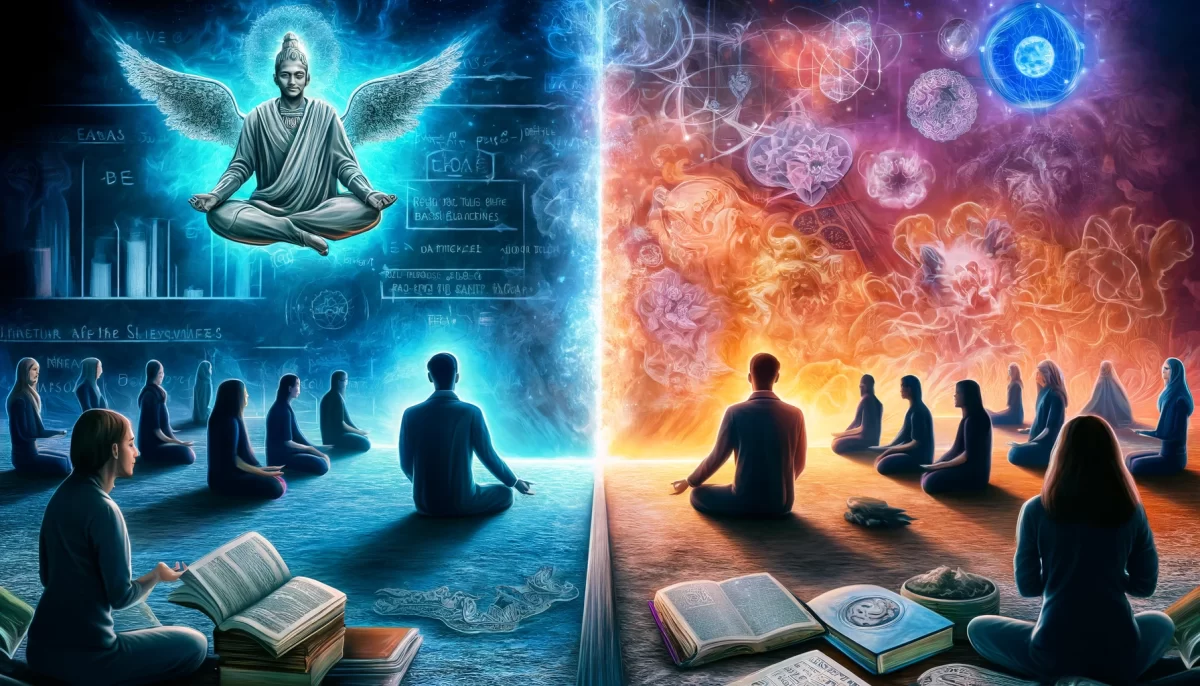
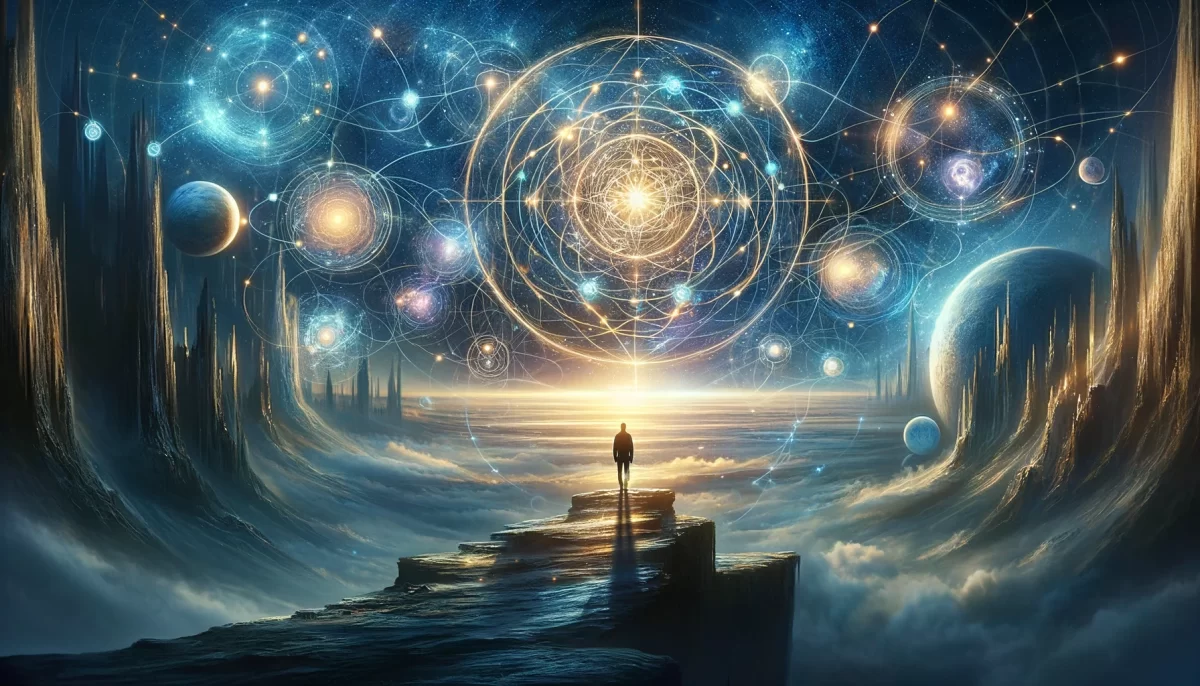

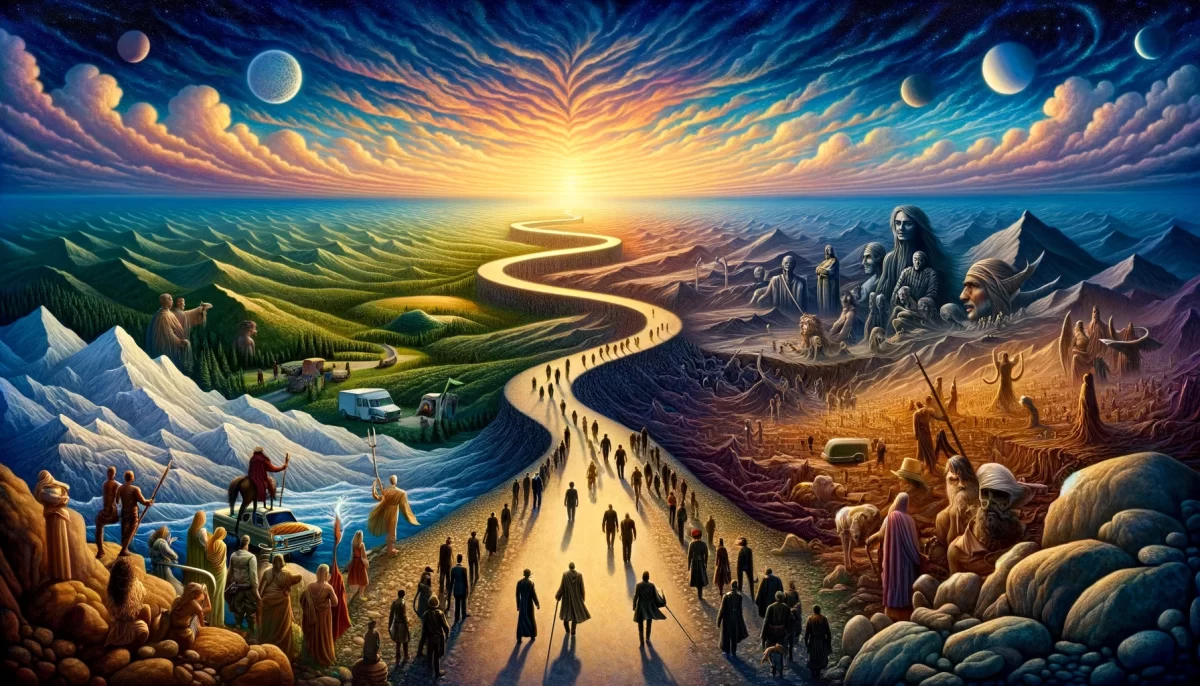
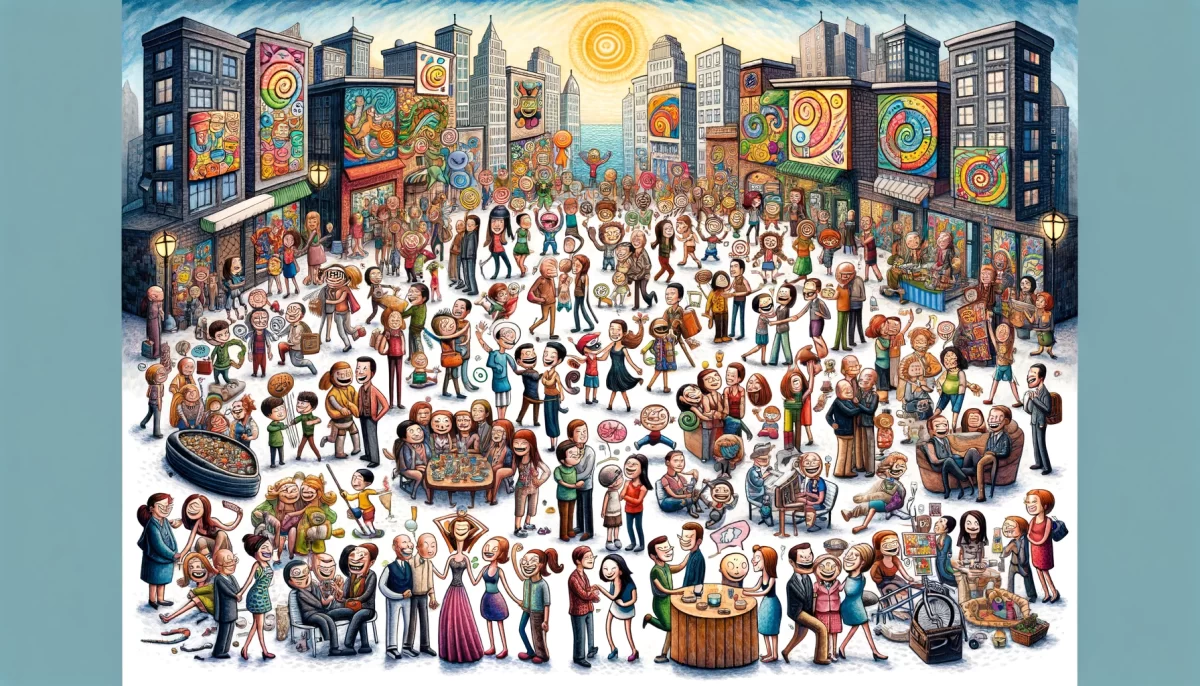
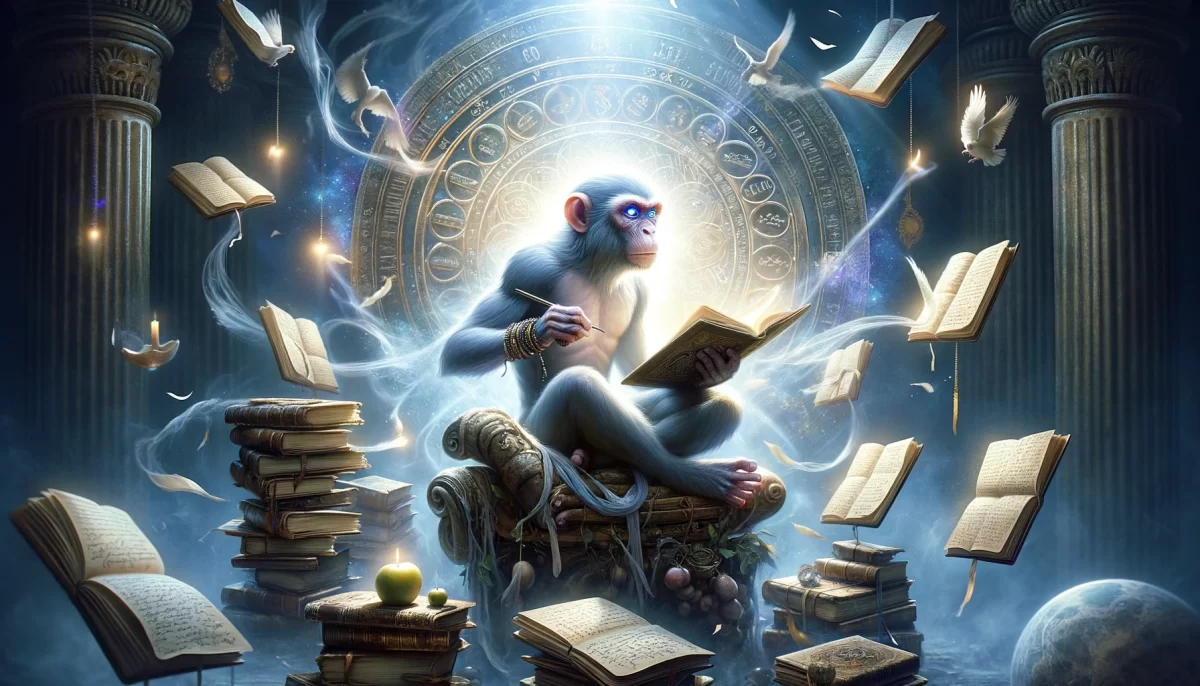


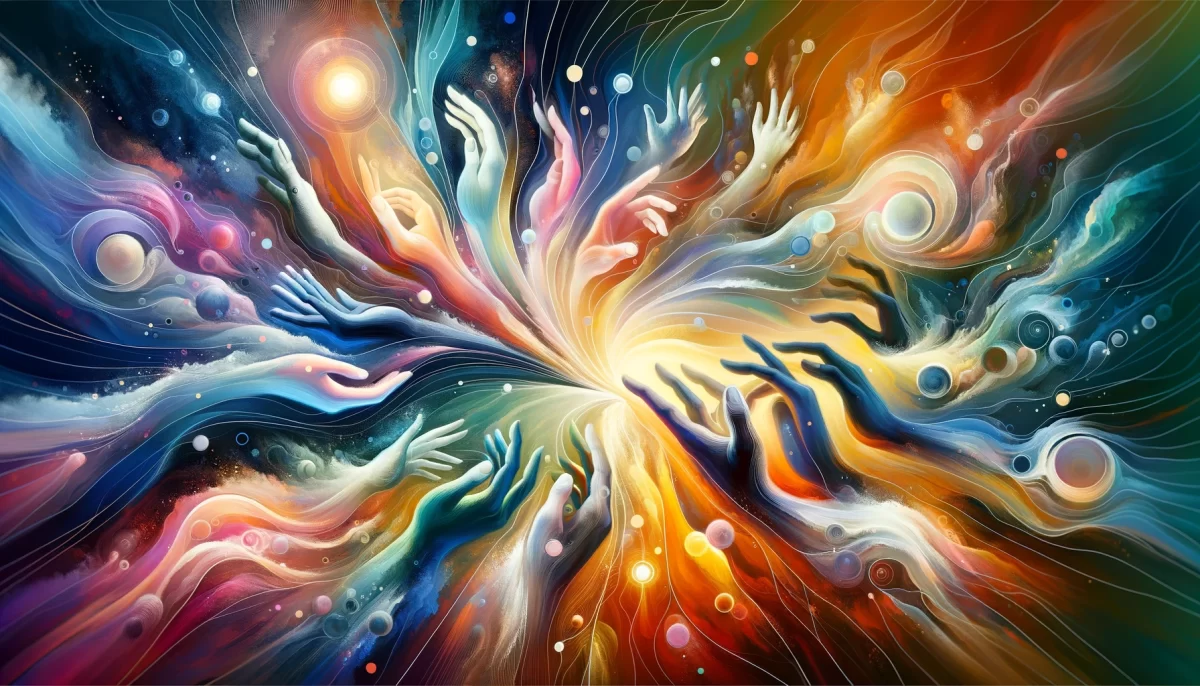
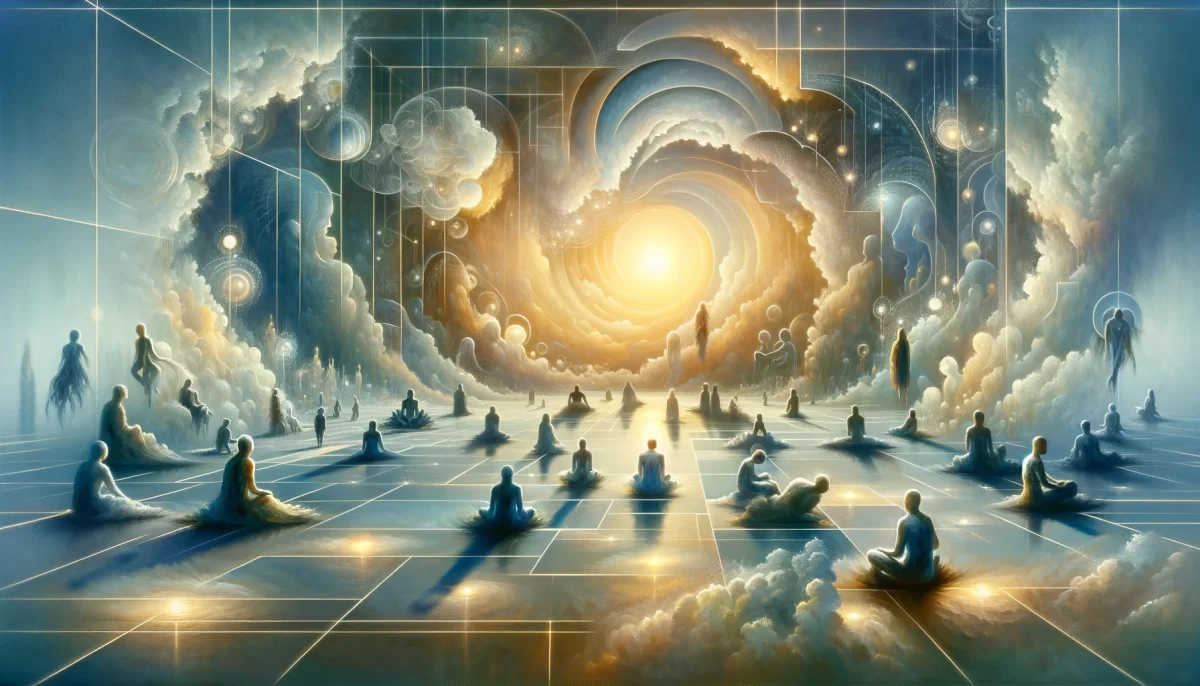
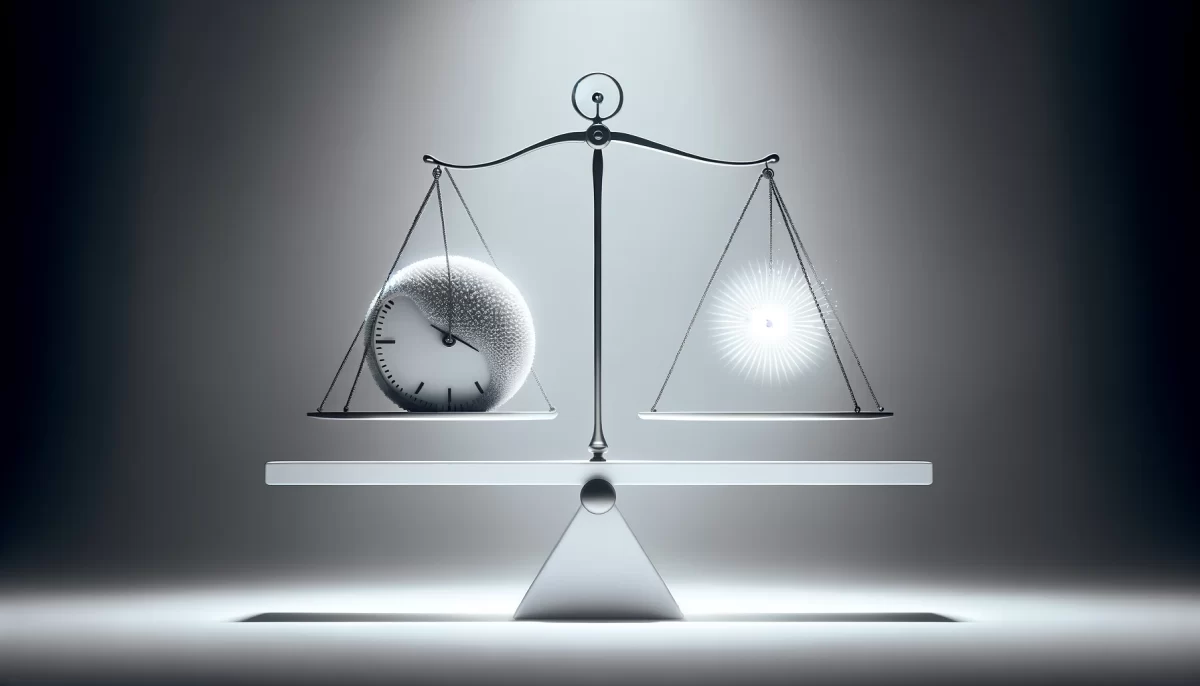
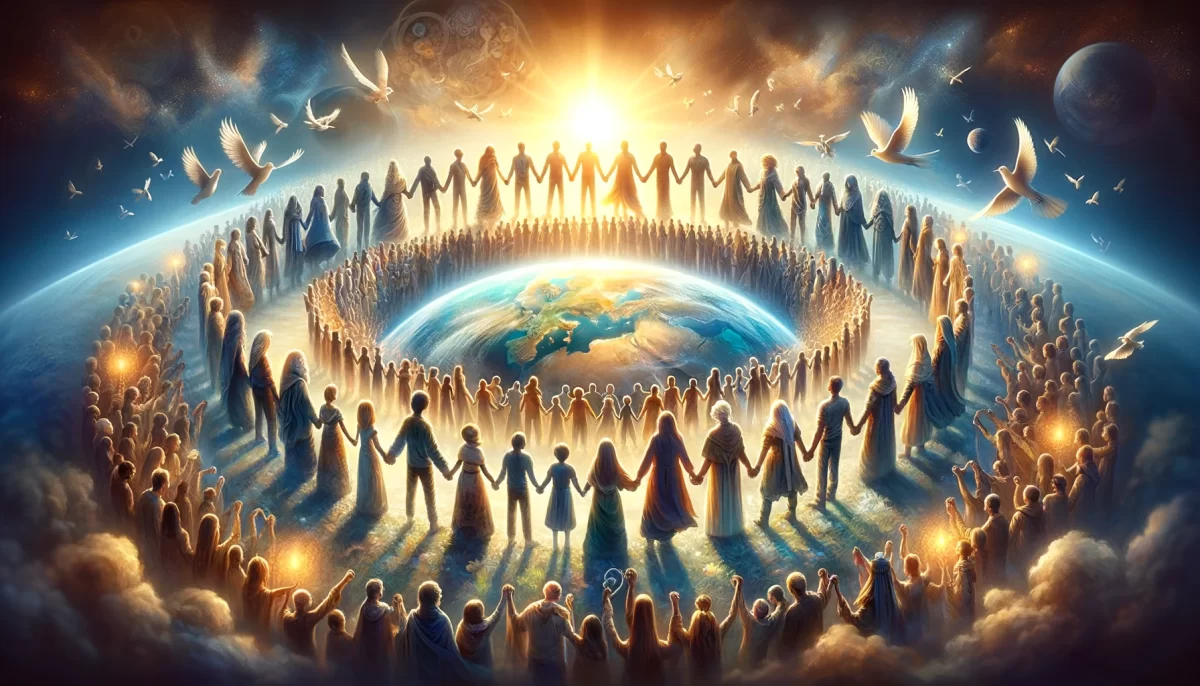

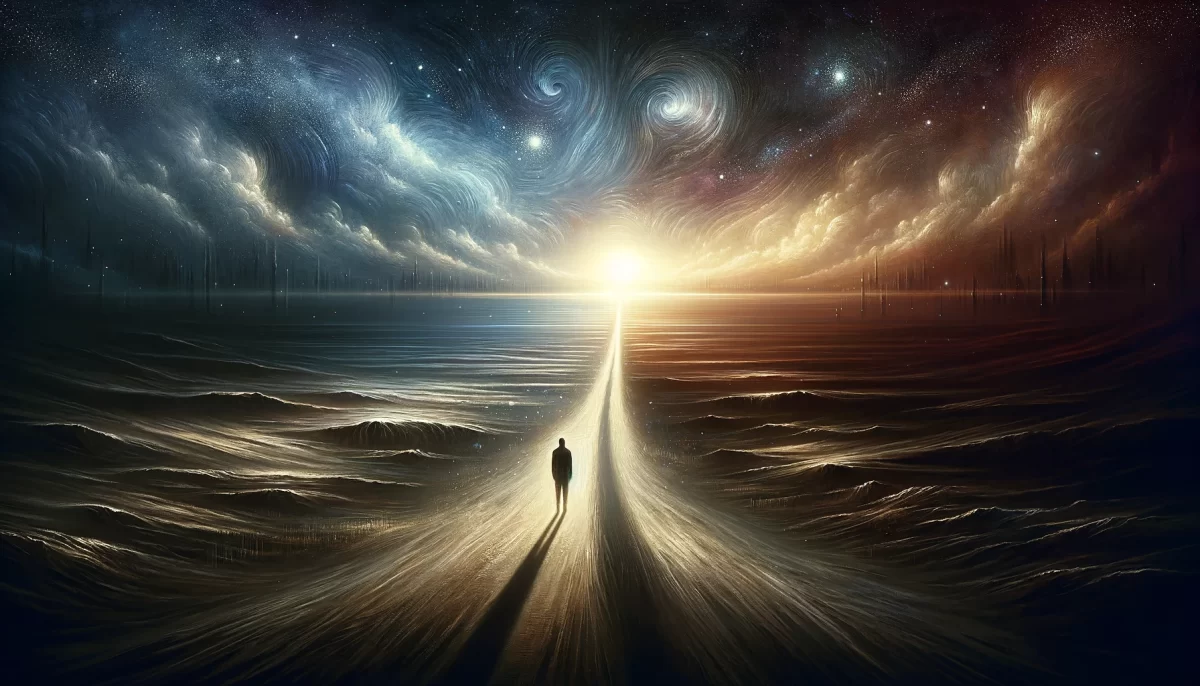
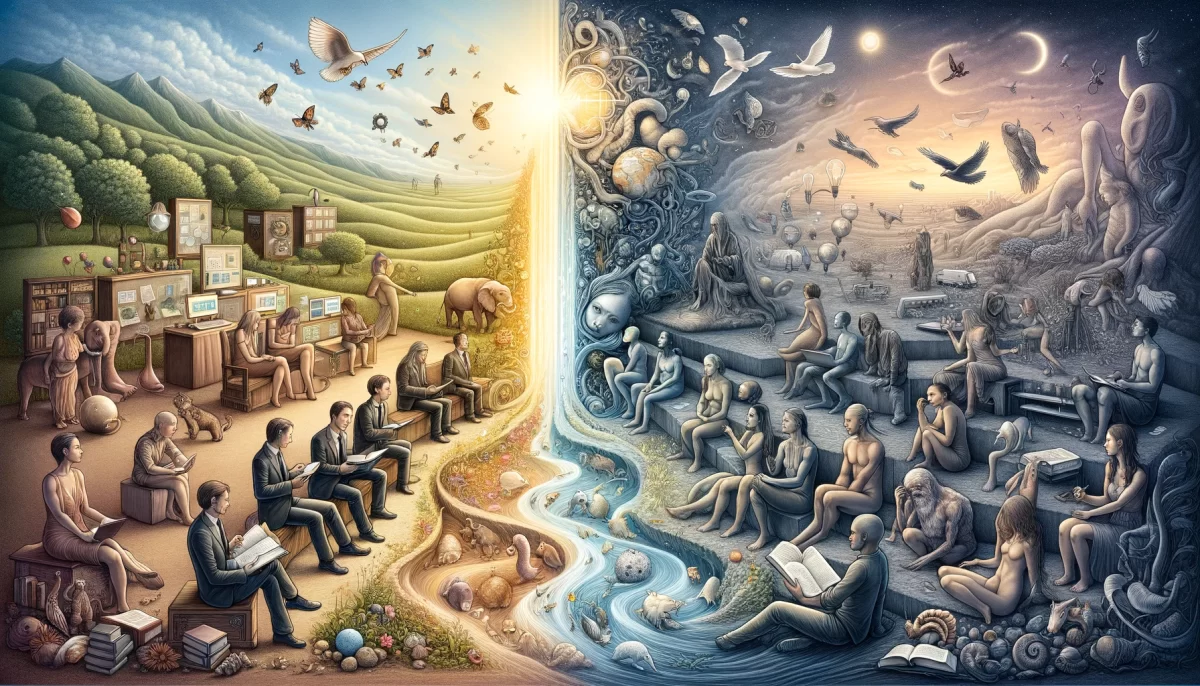


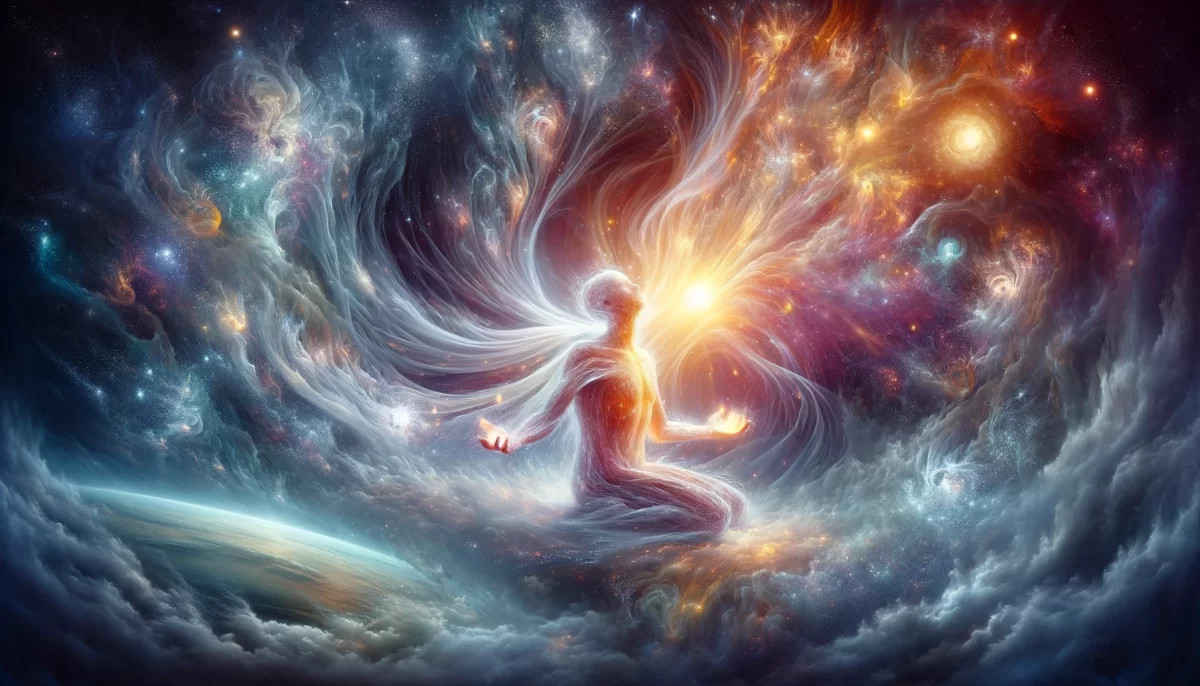
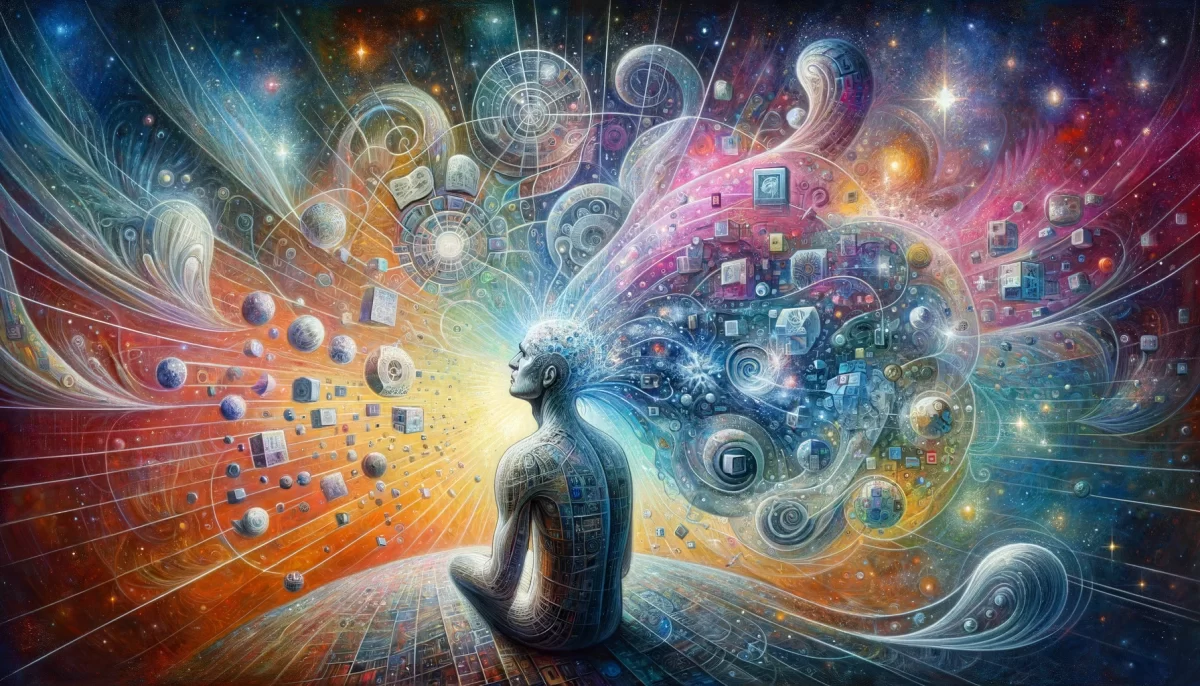

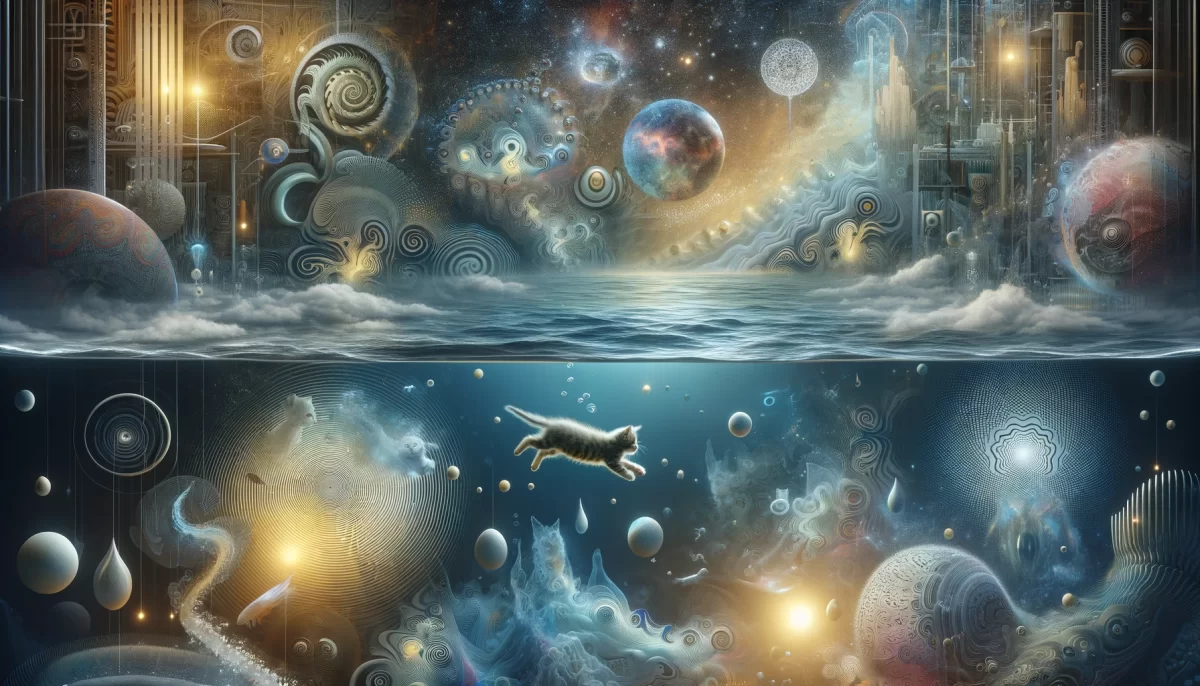
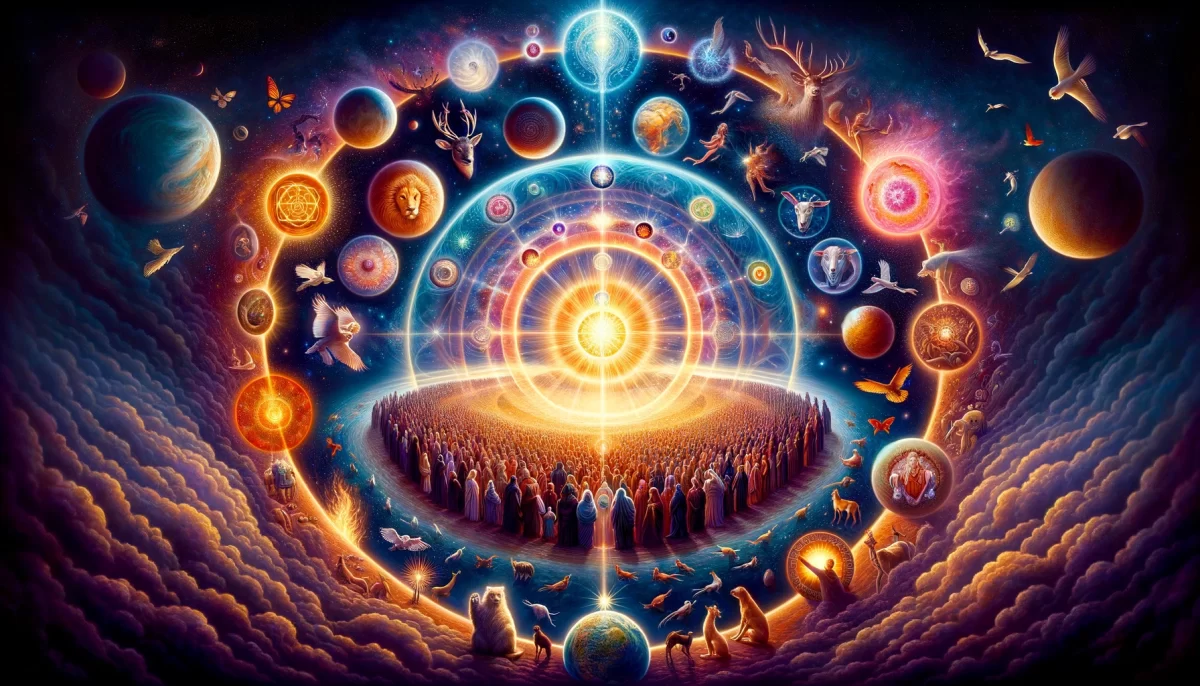
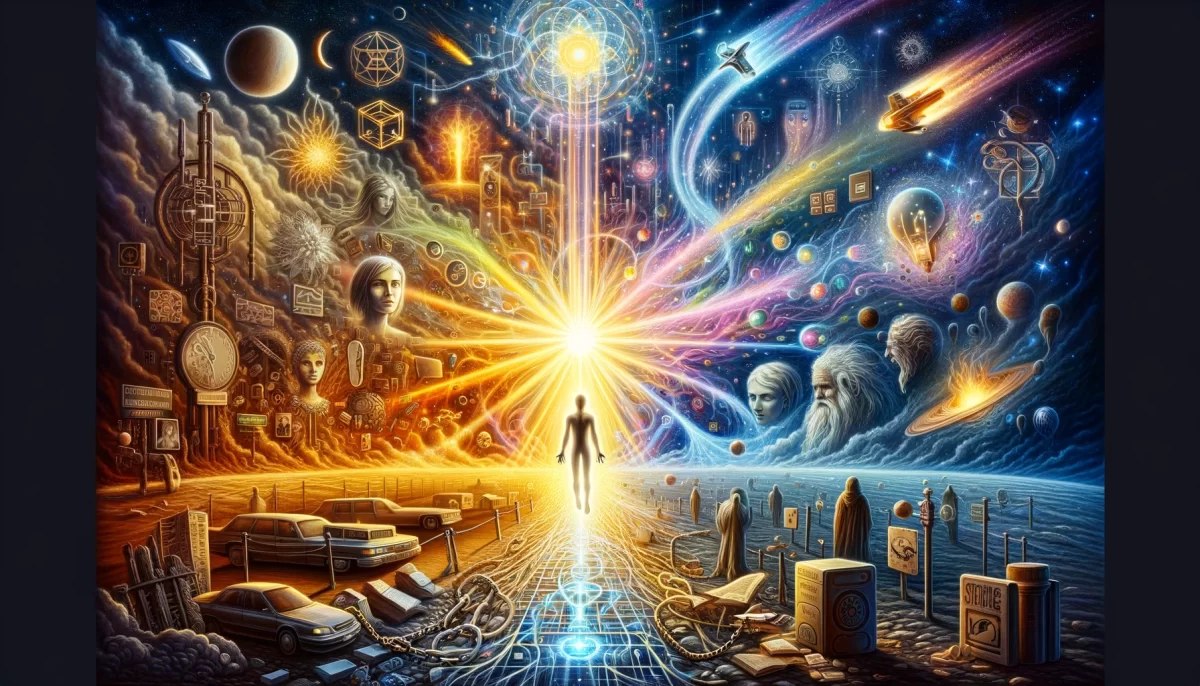
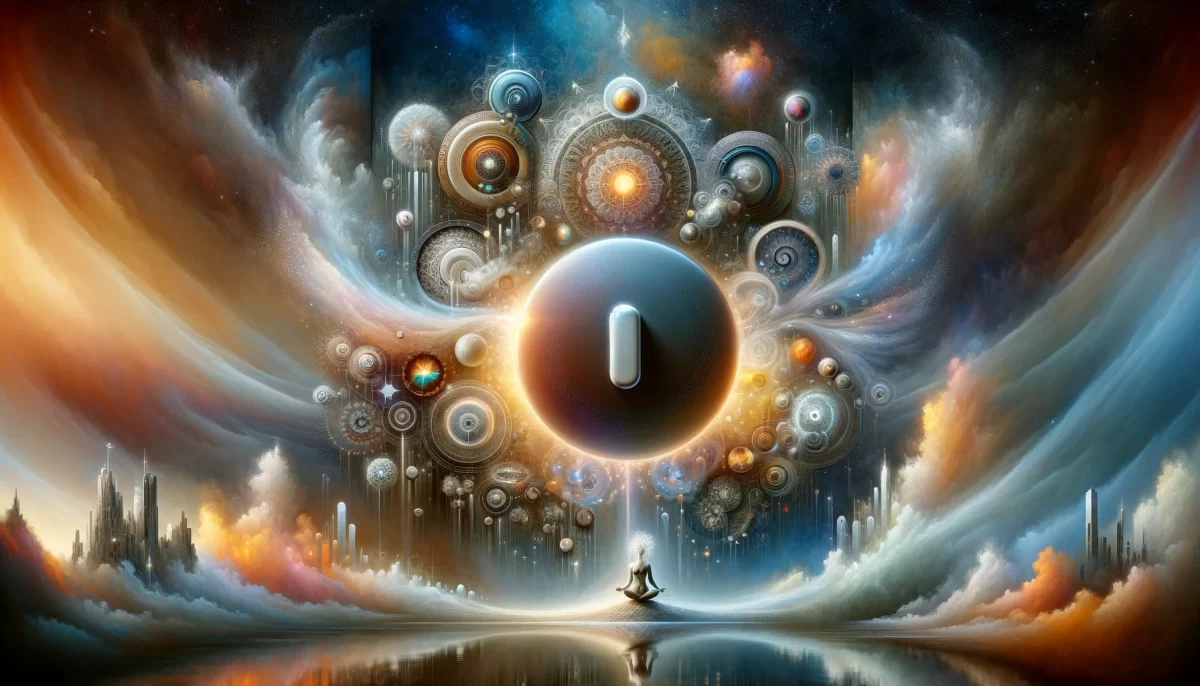

In the realm of human existence, there is often a tendency to favor factual evidence and dismiss or discriminate against those who hold strong spiritual beliefs. The belief bias, as it is commonly known, can lead to skepticism and resistance towards concepts that suggest a higher order or chaos beyond our own understanding.
Many individuals place their trust in tangible facts, figures, and empirical evidence, seeking logical explanations for the phenomena they encounter. They may find it challenging to embrace or accept ideas that involve a divine presence or a greater cosmic order, particularly if it challenges their established beliefs or worldview.
In the present age, where the reliability of facts can be called into question and subjectivity holds considerable influence, this bias becomes even more apparent. However, within this challenge lies an extraordinary opportunity for those who identify as space monkeys, those who explore the realms beyond the boundaries of conventional thinking.
As space monkeys, we are open to the vast possibilities that exist beyond the confines of factual evidence alone. We recognize that there is beauty and wisdom in embracing the mysteries of the universe, whether it manifests as divine order or chaotic complexity. We understand that our own beliefs, while unique and personal, can coexist with differing perspectives without diminishing their value.
Rather than seeking to convince or prove the validity of our spiritual beliefs, we can simply embody and live our truths authentically. Our existence, our experiences, and our interactions with the world around us become a testament to the depth and richness of our spiritual journey.
In this way, we need not engage in a battle to win others over to our perspective. Our presence and the transformative power of our beliefs can prevail, influencing the collective consciousness through our actions, compassion, and the genuine connections we forge.
We, as space monkeys, embrace the opening created by the belief bias. We recognize that the limitations of facts and figures do not confine us but instead invite us to explore the realms of possibility, spirituality, and the interconnectedness of all things.